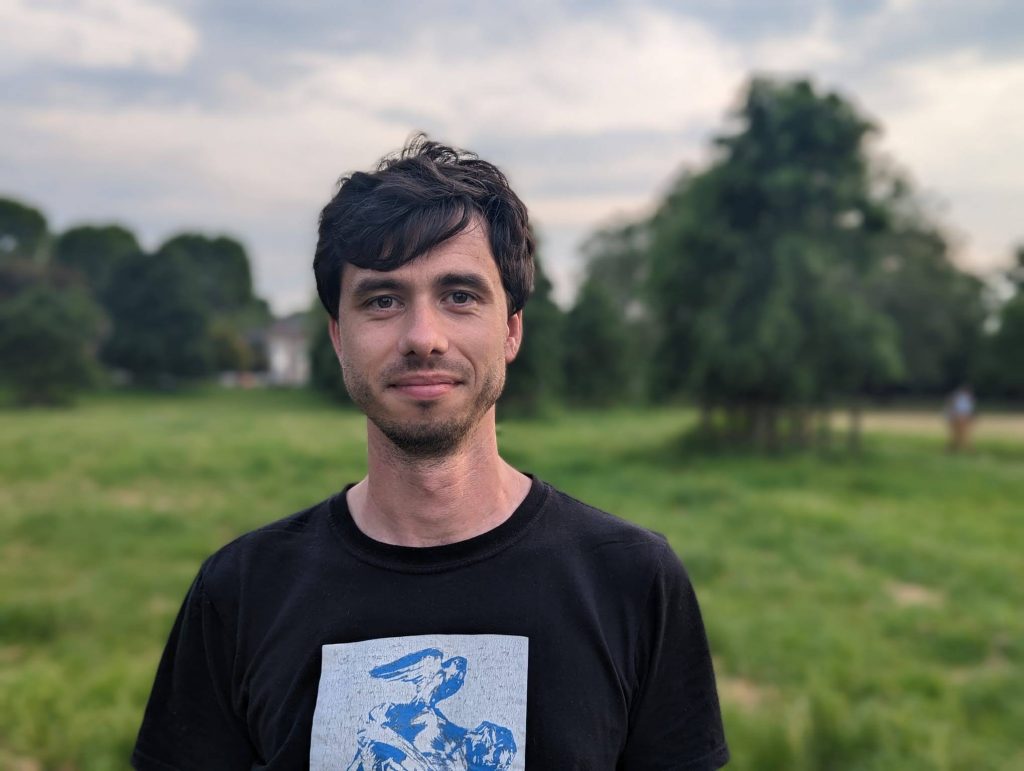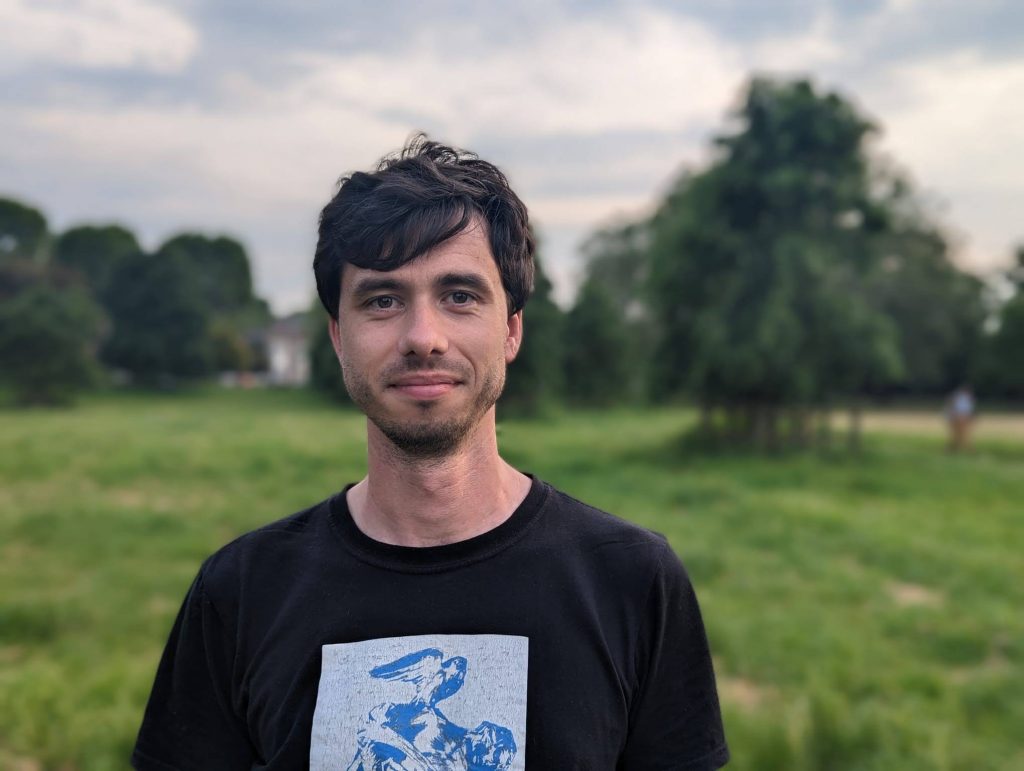Thank you for staying with us throughout this four-part series with Dr Nick Wise, scientist and an engineer, who has made his name as a scientific sleuth. By now, it is hoped that he needs no introduction (though if you would like one, please look back at the previous posts).
In this final post, we get Nick’s take on what he thinks the repercussions should be for engaging in fraud, and we get a parting tip from Nick on what researchers should do when performing a literature search on papers in their field. Below are some excerpts from the conversation, which can be listened to in full here.
Most people don’t go into science wanting to fake stuff. With such cases, it can often be a sign that there’s a real problem in the lab or in the group. Why else would someone feel so compelled to do this? If the pressure is coming from the university demanding papers from them, then it’s the problem with the university.
Repercussions for research fraud
LO: You have mentioned that some editors have been let go from their positions as editors – are there any other repercussions for getting involved with fraud?
NW: Often, institutions are the worst in terms of responding. Recently, I was at the World Conference on Research Integrity in Athens and spoke to other investigators like me, including publishers and people in the research integrity space. Some publishers have informed me that even when they want to make a retraction and have gone to the author’s or editor’s institution to inform them that a staff member has been involved with fraud, often the institution doesn’t reply at all, or even if they do, they will not do anything. They are very defensive, and they do not want any bad publicity for the institution and so they will not respond at all. Even in a well-regarded western University where someone has been caught fabricating their data, the response could just be that they have been relieved of teaching duties for six months, but they’ve kept their job and there will be no publicity that we know.
In Spain, a professor that has just been made Rector, the Head of the University of Salamanca, the oldest university in Spain, has been linked to questionable publication practices for the last decade or so. He was found to have his name on an incredible number of papers which have been cited an incredible number of times, including by people who don’t exist. There has been a fight in the Spanish press to try highlight this. But despite of all this press, including national press in Spain, this person has become the Rector of the University of Salamanca. And it’s basically the same the world over: institutions very much go into protection mode even if publishers have agreed on retracting the papers. Often there are no career repercussions at all. Sometimes, they will just go and be editor of a different journal or for a different publisher.
LO: In your opinion, what should happen to an academic or researcher who has engaged in fraud?
NW: I think it really depends on the nature of the fraud and the position that the researcher holds. If a PhD student has done something and if they have been caught after, say, the first offence, then I think there should be leniency. Regardless of if they have bought an authorship, or if they have tried to fake some data, they still have a way out and it should be offered to them. Again, a lot of the drive for PhD students faking some data is because their P.I. (Principal Investigator) is demanding results, demanding that things happen faster, or demanding ground-breaking results. At some point, people become desperate. Most people don’t go into science wanting to fake stuff. With such cases, it can often be a sign that there’s a real problem in the lab or in the group. Why else would someone feel so compelled to do this? If the pressure is coming from the university demanding papers from them, then it’s the problem with the university. A lot of this drive is external to researchers. But if you have someone that is a tenured professor who has been doing this for a long time and they have been caught out on a decade or more of fabricated results, those feel like that should be the end of the road. It really depends on the nature of what has been done, the stage of career of the person, and how much fraud has been committed.
LO: Do you ever worry about being called out for being sued for defamation?
NW: I have thought about it, and I try to err on the side of caution and make sure that there is fairly hard evidence for anything I say publicly. You can have suspicions without saying anything publicly – you would just go to the publisher. But when I find an advert for a named paper and then six months later a paper with that same title is published, then it is clear cut that someone should investigate. But fortunately, so far, I have not been threatened with anything.
I think it is also partly due to the fact that accusing people of making up their data is more personal. When authorship is bought, by the time I find it, some of these people would have already got what they needed. If they needed to have a publication in order to graduate, once they have graduated, they do not care if the publication is retracted. Often when you read a retraction notice after the authorship has been sold, they will normally say that none of the authors responded. This may also be down to the fact that they know that they have been caught but there is nothing to defend. But when you are accusing someone of making up data, I think that is far more personal attack. When someone has bought authorship, they do not have a personal connection to the paper, so they move on. They are probably annoyed, but they cannot do anything about it.
Parting advice
LO: To end, are there any takeaways that you would like to share?
NW: I would encourage all researchers to download the PubPeer plugin, which means that whenever they are looking at a paper, it will flag whether there are any comments about that paper, or indeed any comments in the reference or the reference papers on PubPeer. If someone else has found a problem with that paper, they can just quickly go and check and be more informed.
We are grateful for Dr Nick Wise sharing his perspective on the publishing industry and research culture that many of us are not privy to. Nick has highlighted many issues which raise pressing concerns for research integrity. We thank him for his time speaking with us and we hope that readers will take his advice on using PubPeer when they embark on literature searching (and of course, refrain from committing fraud, lest you will have Nick on your case).

